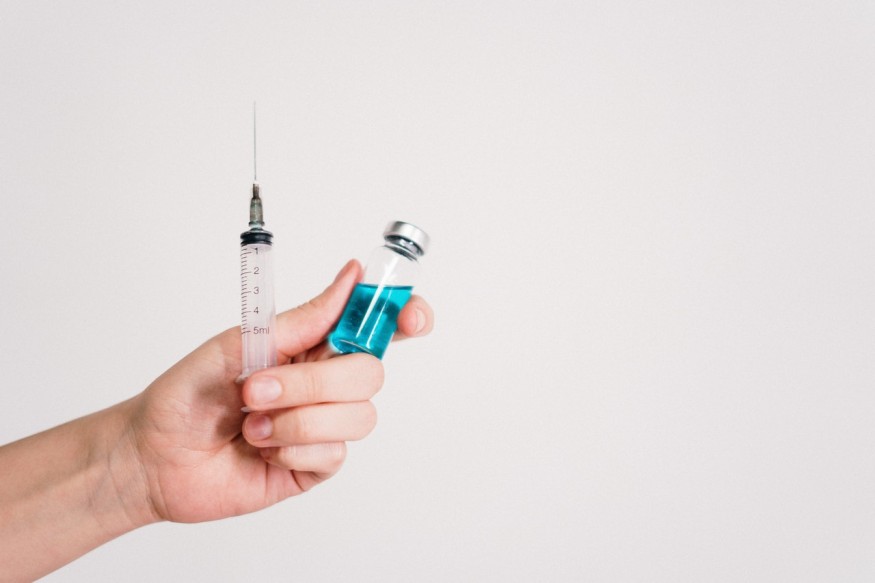In 2014, Riken Center for Developmental Biology's stem cell expert and research leader Haruko Obokata published studies regarding the development of pluripotent stem cells from the regular blood cells. Obokata's research is somewhat a leap for stem cell advancements, but her research was also tagged as a scientific coup. This is due to the ongoing discussion amidst the bioethical concerns on utilizing stem cells for laboratory experiments.
The Case of Haruko Obokata Stem Cell Research

Obokata's blood cells to stem cells should have earned us decades of biological studies and might have been among the greatest discovery of our time, but what's weird is that the process of her experiments includes a pretty straightforward method. After a few days when the studies were published, some of the contents of the paper, including the texts and images, were deemed suspicious by other experts. With that said, Obokata's research on stem cells gained skepticism from the scientific community.
The simplicity of Obokata's research published in the journal Nature, entitled "Bidirectional developmental potential in reprogrammed cells with acquired pluripotency," baffled scientists, so they did a replication step by step of the blood cells to stem cells transition possible. Unfortunately, they failed, and the impossible research was investigated right away by Riken. Throughout the investigation, Obokata's co-author of the study denied the methods conducted, and by July of the same year, the papers were ultimately retracted.
The apprehension of Obokata's suspicious paper was merely a fraction of the power of science. Scientific studies not only innovate ideas but corrects inconsistencies and solve impossibilities as well. The case of Obokata's stem cell research, although unfortunate, was a great exhibition of science correcting itself through a proper methodology and civilized manner.
COVID-19 Scandal, Ivermectin Study Retracted, and Fraudulent Scientific Papers
However, the scientific investigation of a study is a rare phenomenon, and it is frequently overlooked by other experts and government agencies as well. Obokata's case is similar to what happened on the biggest medical anomaly in terms of COVID-19, which is about the efficacy of the anti-parasitic drug ivermectin against SARS-CoV-2.
Ivermectin clawed itself to become a variant of the COVID-19 vaccines. Even a study about the drug's trial on combating the virus was published in the journal Antiviral Research, entitled "The FDA-approved drug ivermectin inhibits the replication of SARS-CoV-2 in vitro." The fame of ivermectin was also boosted amidst the pandemic, as the analysis by the Sugrisphere group supported evidence of ivermectin efficacy in their previously published studies. Ivermectin's capability against COVID-19, however, relies on a single research paper that was published without peer review.
Since November of 2020, Ivermectin became an anti-coronavirus hero. It eventually became a wonder drug for many, and the said study was even cited by other research.
After the second quarter of 2021, the study published in Research Square entitled "Efficacy and Safety of Ivermectin for Treatment and prophylaxis of COVID-19 Pandemic" was pulled out due to fraud and plagiarism. Some of the parts of the research paper were proven to be extracted from other earlier scientific papers, and the data provided was determined to have irregularities.
The British Medical Journal spoke regarding the matter. The editorial piece of one of the prestigious journals around the globe suggests that today might be the correct time to amend health researches and must be tagged as fraudulent until proven reputable through the efforts of the respected scientific method and comprehensive analysis. Science correcting itself is better than blind trust in scientific papers, reports Science Alert.
RELATED ARTICLE : Experts Develop Breathalyser For Easy Virus Testing, But Can Breath-Based Tester Detect COVID-19 Accurately?
Check out more news and information on COVID-19 on Science Times.
© 2026 ScienceTimes.com All rights reserved. Do not reproduce without permission. The window to the world of Science Times.











